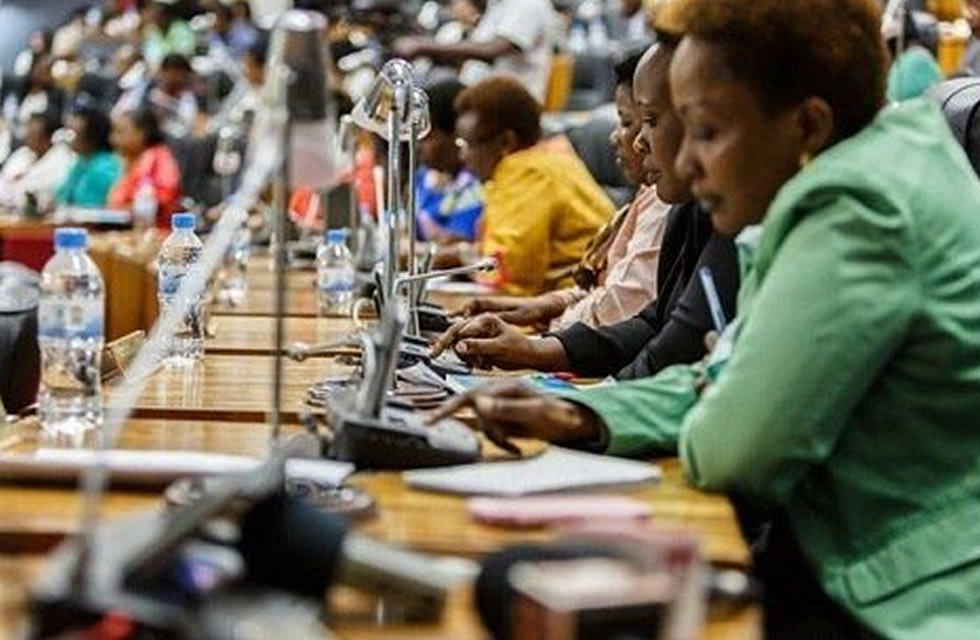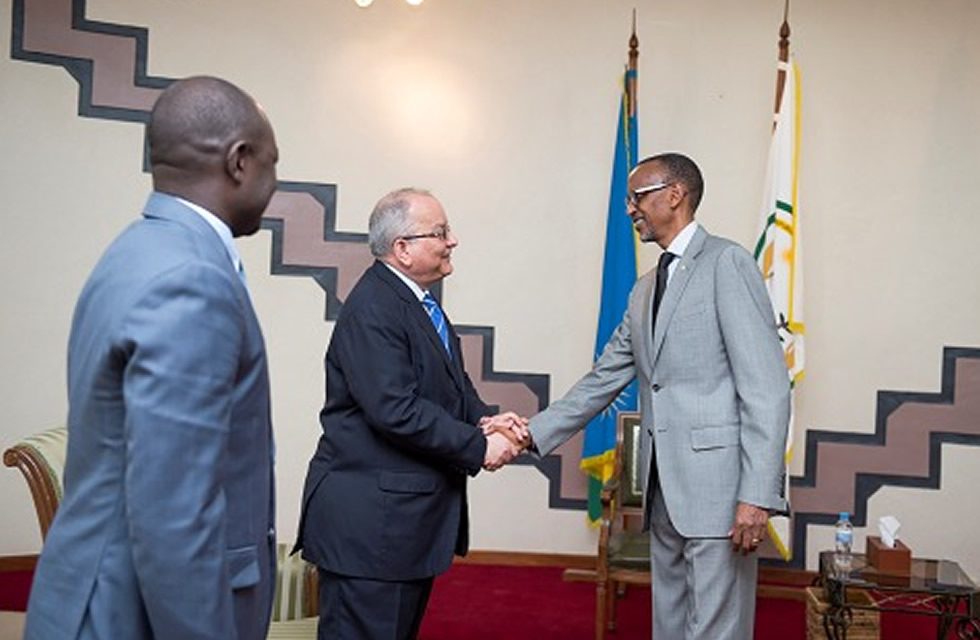With witness to so much that is negative in the world, Rwanda today offers a brilliant and refreshing light of hope and vision for education, business development, infrastructure and human rights.
We have witnessed first- hand, a truly amazing transformation since the tragic events of 1994. First, as a result of some truly forward thinking by the government of Rwanda, the catastrophic divisions of Tutsi, Hutu and Twa no longer exist and this onetime barrier to national harmony has been replaced by the shared mindset of being “Rwandan.”
Through actively working with hundreds of educators throughout the country, we can attest that “Rwandan-ness” is espoused proudly its citizens. Do memories of divisive years of separation among Tutsi, Hutu and Twa exist?
One would be naive to believe that memories of the Genocide that eliminated as many as one million souls only 21 years ago, are so easily erased. But the focus of this government and its people is on the future while not forgetting its past.
Our extensive “on-the-ground research” confirms that Rwandans from all walks of life are committed to working together to develop this country. As educators and passionate activists for human rights, our hope is that no one shall ever forget what happened in 1994. From the horrors of those 100 days has arisen, phoenix-like the country that is arguably the most impressive success story of post-colonial sub-Saharan Africa.
Rwanda’s successes are evident in every category examined by the World Bank. The GNP three-year forecasts have Rwanda rising well above 7.5% with Sub-SaharanAfrica at 6.6%. Without solid leadership and strong commitment, this growth would not be possible.
In every sector, every province, every city and every village (Umudugudu), progress is visible in significant improvements to infrastructure that benefit the populace at large. Rice fields, tilapia farms, hospitals and clinics, new roads, new industries, more electricity, better and cleaner water systems, 5000 kilometers of fiber optic cable, a constantly evolving justice system focused on eliminating corruption, and most importantly a K-12 educational system accessible to all supported by modern teacher training initiatives.
To any rational person, these improvements, confirmed by statistics provided by the World Bank, are compelling proof that Rwanda, led by its president, is unwavering in attending to what is in the best interests of its people.
Statements made from some, outside of Rwanda and holding negative views,claiming that President Kagame has “orchestrated” a thinly veiled popular movement to allow for a change in the constitution thus removing term limits so that he can run for president, revealstheir failure to understand the mindset of the Rwandan people. When he took office following his re-election in 2010, President Kagame stated publicly that he would honor the two-term constitutional limit.
In the intervening years, however, a popular groundswell has emerged appealing to President Kagame to reconsider. Over 3.7 million voters (60 percent of total voters) petitioned parliament to lift term limits in the Rwandan Constitution.The progress and security Kagame’s government has provided compels the people to seek stability and certainty, as opposed to the uncertainty that would come with another leader.
The fact that there are thousands of armed FDLR (Rwandan militias driven by genocide ideology) just across the border in Eastern Congo, who would like nothing better than to rekindle ethnic violence, makes this popular view utterly rational. Rwandans are most capable of democratically, socially and intellectually charting the course of their own country. Outside opinions about how they should go about governing themselves are misplaced to say the least.
Have we learned nothing from Vietnam and Iraq? The Rwanda we know so well addresses issues head on, encourages public discourse, and has the ability to be criticized, including in the press. We attended the National Dialogue Council (Umushyikirano) last December. This dialogue is held every year, chaired by President Kagame and attended by every Rwandan leader. Citizens who are not able to attend this function in person follow proceedings live on TV and radio, and are able to call in directly to express their views on government policies, programs and leadership. This “national conversation” exemplifies full and unfettered involvement in governance by the average Rwandan. Current American democracy should do so well.
Are there limits on free speech and free press in Rwanda? Yes, and they are explicitly cited in Rwanda’s Constitution where “genocidal ideologies” are forbidden. Must one explain why? Critics seem only interested in applying their values in a situation where indigenous values reign as they should. Rwanda works and it works because it has a popularly inclusive form of government. Through their home-grown institutions like Ubudehe, a program that supports the most vulnerable in every community; Umuganda, required monthly community service; and Abunzi (conciliators), Rwandans participate fully in the development of their country. We have witnessed this.
Having lived and worked in Rwanda over the years, our direct, first-hand knowledge has made us willing witnesses to the many positive changes in Rwanda. While there is always room to disagree about degrees of freedom and liberty, there is no room to disagree when the facts absolutely bear out that Rwanda is to be held up as an exemplar of progress, transparency and accountability to its people.
The world could learn some valuable lessons from what Rwanda has been able to achieve. Rwanda—perfect?
No, of course not. No country is. But what an inspiration Rwanda can be to countries who, often through no fault of their own, have been devastated as it was 21 years ago. From such incomprehensible misery Rwanda serves now as a beacon of hope for the twenty-first century. Let us honor and celebrate what Rwanda has accomplished.


